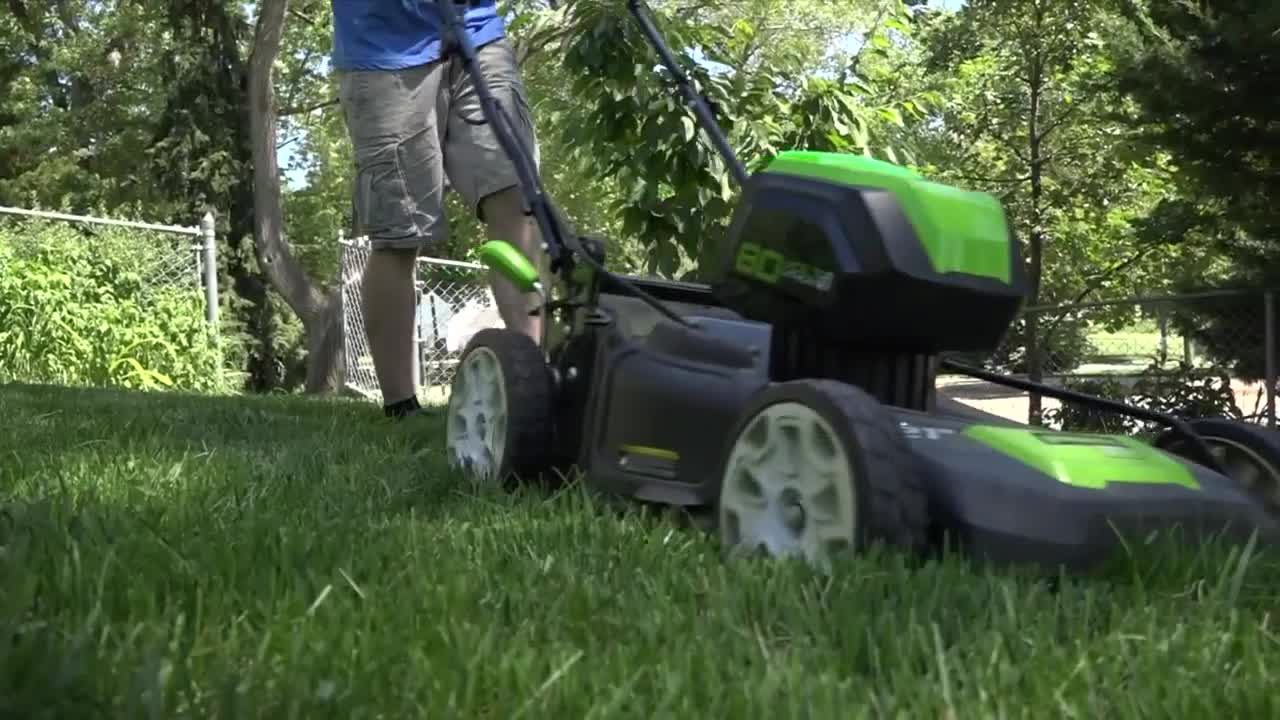
Sustainable Greenery: Nurturing Your Lawn with Eco-Friendly Practices
Creating a lush and vibrant lawn doesn’t have to come at the cost of the environment. Eco-friendly lawn maintenance offers a sustainable approach to caring for your green space, promoting a healthy lawn while minimizing the ecological impact. Explore practical tips and techniques for nurturing your lawn in an environmentally conscious manner.
Mindful Mowing Practices: A Trimmed, Eco-Friendly Canvas
The foundation of eco-friendly lawn maintenance lies in mindful mowing practices. Set your mower blade to a higher level to leave grass longer, promoting root growth and reducing the need for water. Additionally, consider leaving grass clippings on the lawn; they act as natural fertilizer, enriching the soil with essential nutrients and contributing to a healthier lawn ecosystem.
Water Conservation Strategies: Hydration without Waste
Watering your lawn efficiently is key to eco-friendly maintenance. Adopt water conservation strategies such as watering during the early morning or late evening to reduce evaporation. Invest in a smart irrigation system that adjusts watering schedules based on weather conditions. Utilizing rain barrels to collect rainwater for irrigation is another eco-friendly practice that conserves water resources.
Natural Fertilization Methods: Nourishing Your Lawn Sustainably
Embrace natural fertilization methods to nourish your lawn without resorting to chemical-laden products. Compost is an excellent organic fertilizer that improves soil structure and provides a slow release of nutrients. Alternatively, explore natural options like bone meal, seaweed extracts, or well-aged manure. These eco-friendly alternatives promote soil health and contribute to a thriving lawn.
Integrated Pest Management: A Balanced Approach
Maintaining a healthy lawn involves managing pests without compromising the environment. Adopt integrated pest management (IPM) practices, which focus on prevention and natural control methods. Encourage beneficial insects like ladybugs and predatory beetles that naturally keep harmful pests in check. This balanced approach minimizes the need for chemical pesticides, preserving the ecological balance in your lawn.
Diverse Plant Selection: Creating a Resilient Ecosystem
Opt for a diverse selection of plants in your lawn to create a resilient ecosystem. Native plants are well-adapted to the local environment, requiring less water and maintenance. A variety of plant species attracts different pollinators, contributing to biodiversity. This diversity promotes a robust and self-sustaining lawn that can withstand environmental challenges more effectively.
Aeration and Overseeding: Boosting Lawn Health Naturally
Aeration and overseeding are natural techniques to enhance lawn health. Aeration involves perforating the soil to allow air, water, and nutrients to reach grassroots more efficiently. Overseeding introduces new grass varieties, filling in thin or bare areas. Both practices improve soil structure and contribute to a denser, healthier lawn, reducing the need for chemical interventions.
Eco-Friendly Weed Control: Embracing Natural Solutions
Weed control is a common concern in lawn maintenance, but eco-friendly alternatives exist. Hand pulling weeds is an effective manual method, while using natural herbicides like vinegar or corn gluten meal can help suppress weed growth. Creating a thick, healthy lawn through proper care also naturally inhibits weed establishment.
Lawn Recycling: Embracing Sustainable Disposal Practices
Dispose of yard waste sustainably through lawn recycling. Instead of sending grass clippings, leaves, and other organic materials to the landfill, use them for mulching or composting. This not only reduces waste but also enriches the soil with valuable organic matter, completing the cycle of sustainability in your lawn.
Community Education and Collaboration: Spreading Eco-Friendly Practices
Extend the impact of your eco-friendly lawn maintenance by educating your community. Share your knowledge about sustainable practices, such as mindful mowing and water conservation, with neighbors. Consider collaborating with local organizations or participating in community events to promote eco-friendly lawn care. Spreading awareness can contribute to a collective effort for greener and healthier neighborhoods.
In conclusion, eco-friendly lawn maintenance is not just about achieving a beautiful lawn but also about fostering a sustainable and harmonious relationship with the environment. By incorporating mindful practices, water conservation, natural fertilization, and other eco-friendly strategies, you contribute to the well-being of your lawn and the planet. Explore Eco-Friendly Lawn Maintenance for additional insights and resources on nurturing a green space in an environmentally responsible manner.
